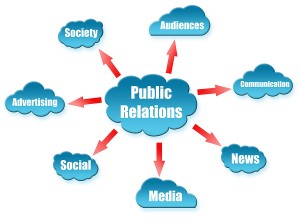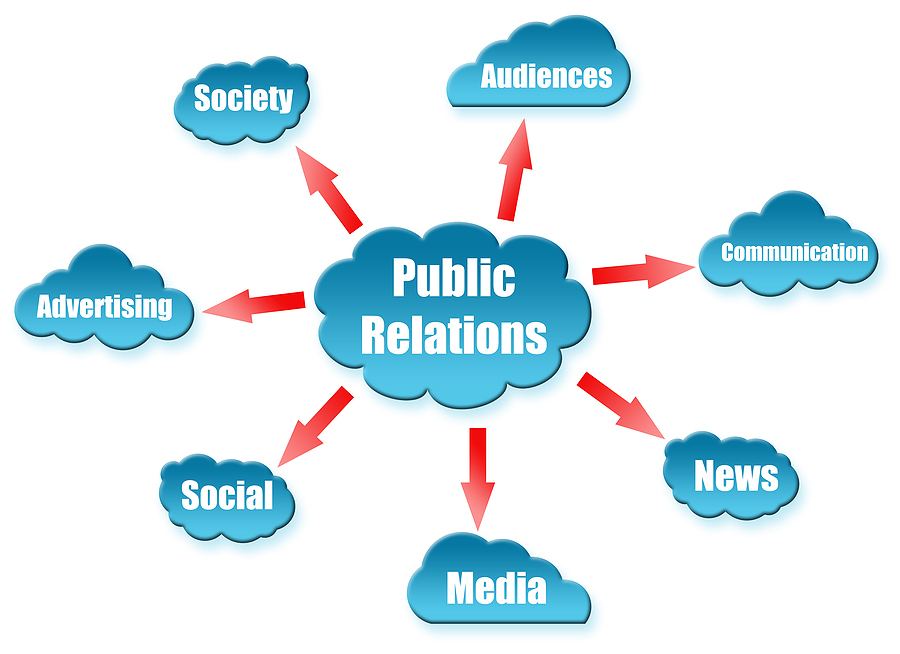Good PR can revolutionise your business leading to higher turnover or sales while a poor PR company can simply waste your money or worse, miss vital opportunities to gain you the best publicity.  But with dozens of PR consultancies and consultants out there, how do you know which is the right one for you…? Here, and from a journalist’s point of view, we give our tips…
But with dozens of PR consultancies and consultants out there, how do you know which is the right one for you…? Here, and from a journalist’s point of view, we give our tips…
* They will talk to you. This might sound strange but incredibly having received a press release and wanting to find out more, or on behalf of a national newspaper or magazine we have rung some consultants ourselves to find them pretty unhelpful, snobby and precious. Sadly, some can also be quite clueless about their clients’ business or hard for a journalist to contact. Tip: They – or a company representative – should also always be available as well at weekends just in case of an urgent press inquiry.
* Their Twitter feed isn’t all about them. Another tip is who are they following (lots of people hopefully) and they should be following lots of journalists and news feeds. I am astonished at the number of PR companies who don’t follow many journalists (or follow them back…) when they are the very people they should be making relationships with. Ideally they are also promoting others (their clients) and not simply concerned with who is following them. And when you follow them they should follow you back. If you are not followed back then they are clearly not interested in you or your company – and they are not the company to represent you.
* They specialise in your business Examine their current clients. Ideally they have a good track record with businesses in a related field. It’s obviously best not to employ a PR firm that specialises in women’s fashion if you’re in the building industry, however good that PR company is.
* They are experienced
Ideally they are former journalists – not PR luvvies – and they understand just being friends with a journalist isn’t enough. The only way a PR company can possibly understand what is required is if they have worked themselves on a publication. Watch out too for being handed to a junior. They might be a very bright graduate and have some great ideas but they are unlikely to have enough experience.
* They are actually getting their clients publicity. Check out their clients and then google them. How much publicity and press is on a Google search? It won’t be possible to gain every client massive national newspaper coverage but they should regularly gain some clients some. Do they only manage publicity in niche publications or gain tiny mentions for clients that barely anyone reads? Was their last big piece in a national paper months ago? On their website (and on their blog, Twitter and Facebook) do they champion their clients? If there is little evidence, go elsewhere.
* They use social media. Following on from above, any PR company should these days have a strong internet presence. If you google the company you are considering a multitude of pages should appear on a Google search. They should have an active, well written and informative blog, and Twitter both of which are never left unattended for days on end. Any company you go with should put equal emphasis on all mediums of gaining coverage.
* How personal or impersonal are they? Some very large PR companies might have better resources (literally more people and perhaps experience) to call upon to get your business out there. And if they assign you an experienced consultant to call upon, you’ll be fine. But consider a smaller company – or even a one person business – might give you more personal attention. A tip: don’t judge any PR company solely by its swish offices – a hard working PR consultant who works from home might gain better or equal results (and without the London office overheads, work out cheaper…)
* Do you like their image? You might have been recommended to a certain PR firm and they might be excellent. But if you don’t like the way they present themselves then be true to your gut instincts and find someone else. And incidentally the same applies to how they are when you ring and visit them. Your consultant should always have time for you. If your consultant is always in a meeting or often in a rush or seems ever too busy for a long chat, think again.
* Are they enthusastic about you? A good PR company makes you feel comfortable, is brimming with ideas with ways to increase your profile and yet isn’t giving you false promises (such as guarantees your company details will be included as you wish in press coverage – no-one can ‘guarantee’ that.) He or she should be able to show you other businesses they represent. You should be able to see what they have achieved for them and be suitably impressed.
* Are they listening? Your PR company must want to know all about you and your business. Finding as much as they can about you is imperative if they are to formulate a PR campaign. For example, you or one of your members of staff might have a newsworthy story to tell or the story about how you set up your company might make a good news hook. They should also take it on board if you don’t like some of their ideas and come up with ones that you do approve of.
* Are you impressed? Gone are the days when just sending out a few lacklustre press releases would do. Your PR firm should be able to come up with some ways of creating a buzz about you that you have never thought of. You might not like every idea your PR consultant comes up with – but they should still make you aware of them anyway.
* They are affordable. Avoid those who talk too much about hourly rates, and how they stick to them. Unfortunately I regularly speak with companies and individuals, some of whom have spent thousands on PR – to gain absolutely nothing. Or the publicity gained has simply not lived up to the expectations of their (overly optimistic) PR company. Shockingly there has also been an obvious story to sell. The PR company – particularly if they have no journalistic experience – have simply failed to see the potential. I’ve then placed it in a national newspaper not only for free but gained a FEE for that company from the publication for using their story. So it’s prudent to work on the basis of your PR obtaining an agreed result.
Finally… you could try some DIY PR before employing a PR agency. Then if you do, remember gaining publicity isn’t easy by any means (if it were, you wouldn’t have asked someone else to do it for you) so once you have chosen your PR company bear in mind good results don’t happen overnight.
Sister site Featureworld also runs a free PR service for businesses who believe they have a good story for a national newspaper, magazine or TV. Contact here.



